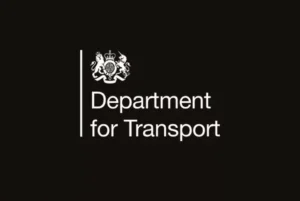The Department for Transport is working on two data projects aimed at improving how Traffic Regulation Orders and roads-related data might be easier to discover and share.
Along with delivery partner Valtech, the DfT is working to deliver an Alpha project under Agile principles to explore how a TRO data publication and distribution system could transform how such data is accessed and published. The work builds on a previous work during 2018/19 comprising a Discovery, draft data model development and a Policy Alpha.
TROs are the legal mechanism used by traffic authorities to implement changes on the road network. The main types of TRO are permanent, temporary, experimental and special events. They are used for diverse things such as; defining speed limits and parking restrictions, road closures, changes to test the viability of new ideas/schemes and allowing temporary closures for street parties.
The Department says the current legal procedures for making TROs are paper based, process heavy, costly and therefore inconsistent and non-standardised. TRO digitisation would support new services, digital mapping, and the digital infrastructure for connected and automated vehicles.
It adds this project is an exciting opportunity to set the right long-term foundations for a future digital TRO ecosystem. Key areas of focus include validation of the draft TRO Data Model, assessing deployment options, including existing market capabilities, and further exploration of preferred options leading to conclusions on Beta design recommendations.
Meanwhile it is moving to the next stage of its creation of a National Access Point for roads-related transport data.
The Department says that building on the results of a successful scoping study followed by a Discovery and Alpha conducted under Agile principles the DfT has recently commissioned a 6-month project which will see a full working Private Beta version of NAP developed.
The DfT, working together with the successful supplier FutureGov, will focus on the discoverability of the data itself and the curation required in order to make visiting the eventual NAP a successful experience. The project runs until March 2021.
























